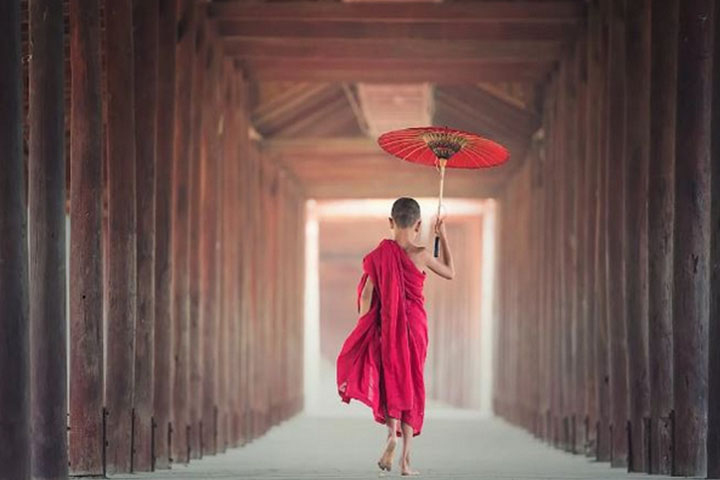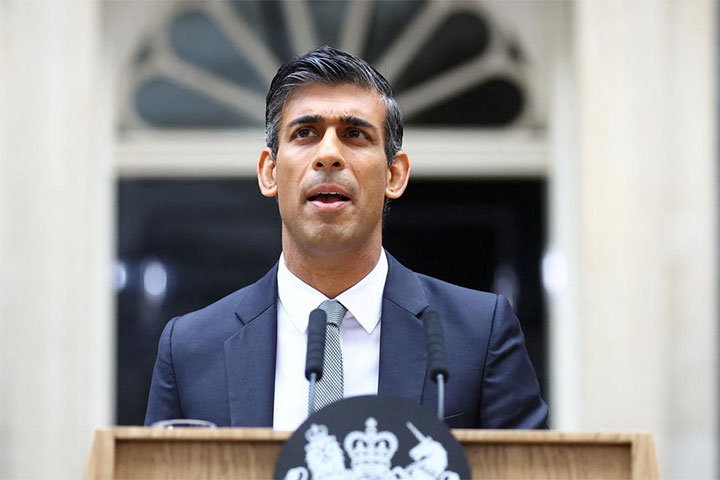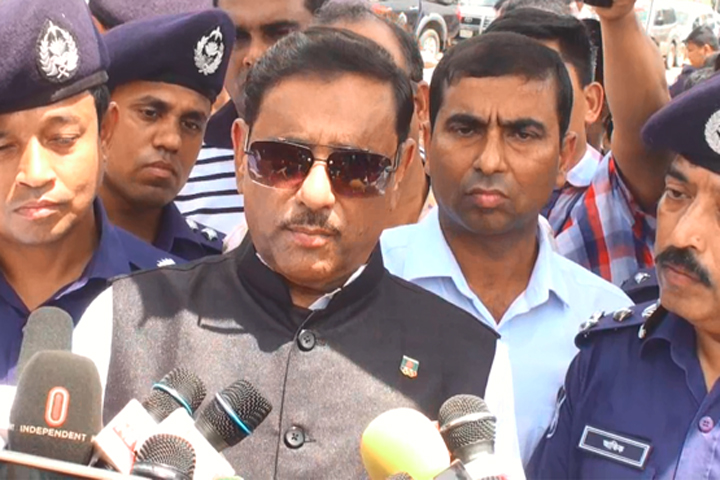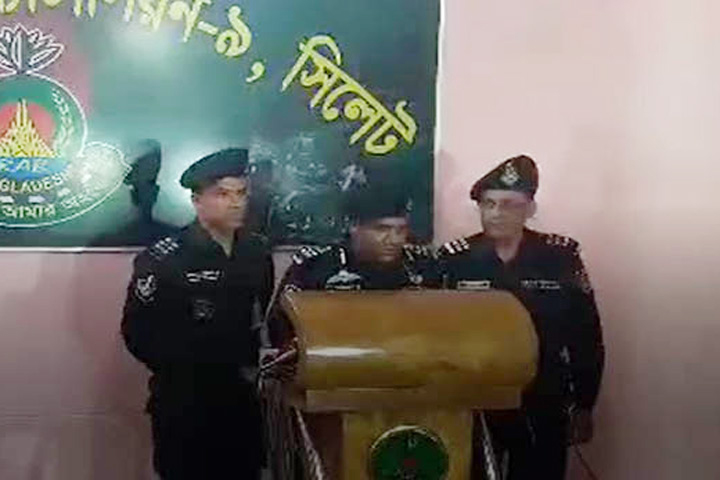India’s historical connection to Buddhism goes back two millennia
Over two millennia ago, a profound spiritual journey began amid the calm Himalayan scenery and throughout the wide plains of the Indian subcontinent. In addition to influencing India's spiritual environment, India's historical ties to Buddhism have also helped modern policymakers strengthen India's soft power by developing cultural ties that are felt throughout South, Southeast, and East Asia, The Bhutan Live reported.
India, the place of origin of Buddhism, has a close spiritual connection to the faith. Scholars and priests travelled throughout far-off nations on pilgrimages while carrying the Buddha's teachings during the height of India's supremacy. Buddhism was spread throughout Tibet, China, Japan, and Southeast Asia as a result of this mystical journey, frequently via Sri Lanka's dynamic centre.
While the Theravada school of Buddhism thrived in South Asia and spread throughout Southeast Asia, Tibetan Buddhism developed in the North and had an impact on Tibet and China. Indian art, culture, and architecture still reflect the country's ancient past, and the iconic three lions of the Ashoka pillar are featured on the flag of the nation. The fact that approximately 10 million people in India still practise Buddhism in 2023 is evidence of the religion's lasting influence, according to The Bhutan Live.
The Bhutan Live covers Bhutan news, politics, Bhutan culture, Bhutanese Buddhism and more, for a unique understanding of the Himalayan region.
The large Tibetan community in India, which first migrated there in 1959 after China occupied Tibet in 1950, is also connected to Buddhism. Since then, India has offered sanctuary to prominent Tibetan religious figures, Tibetan nobles, and common Tibetans who have fled into exile.
Notably, the head of each of the four major schools of Tibetan Buddhism—Gelug, Kagyu, Nyingma, and Sakya—as well as many other respected Tibetan lamas reside in India, including the fourteenth Dalai Lama, a revered spiritual figure. Although these sects' primary monasteries are still in Tibet, India acts as a haven for the preservation of Tibetan Buddhist traditions.
India has actively pushed Buddhist philosophy and culture in recent years. The International Buddhist Confederation was founded in 2011 with the help of the Indian government by the Global Buddhist Congregation (GBC), which brought together representatives from different Buddhist traditions around the world. This important organisation worked to protect various Buddhist traditions, support academic inquiry, and spread awareness of Buddhism.
Since the mid-2000s, China has also organised worldwide Buddhist conferences known as the World Buddhist Forums (WBF) in an effort to promote its appointed Panchen Lama and win the respect of the Buddhist world. Although China's efforts were overshadowed by the GBC meeting in India in 2011, the succeeding WBF in 2012 was noticeably subdued, as reported by The Bhutan Live.
In March 2017, India held a Buddhist conference in Nalanda that brought Buddhist lamas together under one umbrella further solidifying India's standing in the Buddhist community.
The Indian government has incorporated Buddhism into its bilateral diplomatic efforts since Prime Minister Narendra Modi took office in 2014, especially with Japan and Mongolia.
Private organisations have also contributed to the growth of these ties, as evidenced by the joint Buddhist and Hindu conclave in September 2015 that concentrated on conflict resolution and environmental awareness, The Bhutan Live reported.
17 Sep 2023,20:23


















 Live Tv
Live Tv




